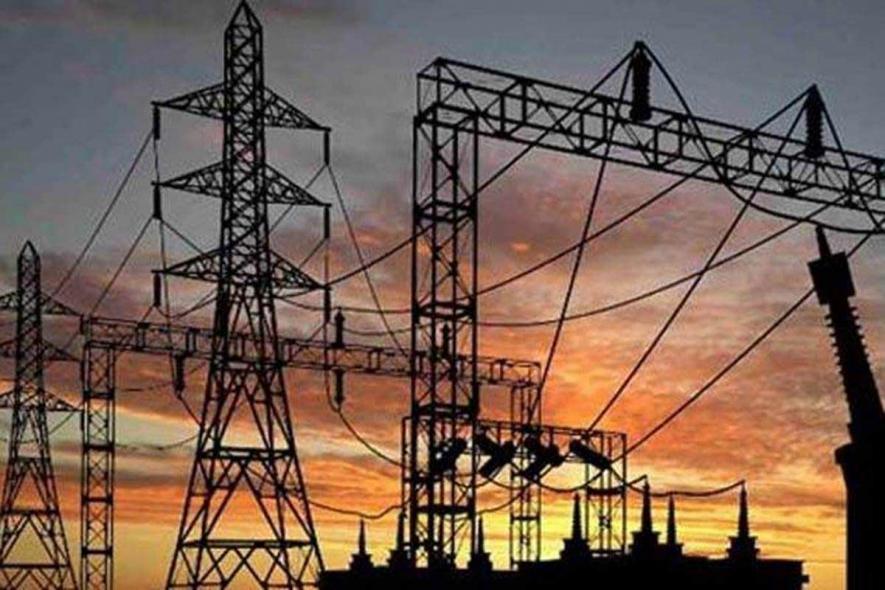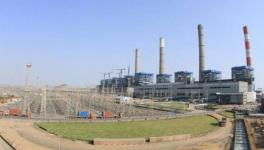Electricity (Amendment) Bill, 2022—Pitfalls of Power Privatisation

Image Courtesy: The Financial Express
The Electricity (Amendment) Bill 2022 aims to help private players in looting by using the infrastructure of state distribution companies without making any investment. This will have far-reaching consequences. Without taking all the states and the main stakeholders, like consumers,
electricity workers and employees on board, it should not be placed in the Parliament.
The power ministry has wrongly claimed that the Bill is based on the stakeholders’ comments and consultations despite strong objections by the states. Such ad hoc measures are dangerous and may cause more damage than good. The ministry has neither put up the Bill on its website nor sought comments from the stakeholders.
There is a need for a ‘comprehensive white paper’ eliciting views of the states and the stakeholder before proposing amendments to the Electricity Act, 2003, and placing them in Parliament. Subsequently, the Bill should be referred to Parliament’s Standing Committee on Energy.
There is a need to go step by step in a transparent manner by taking into confidence the stakeholders—not only big business houses. It is not surprising that many provisions of the Bill may benefit corporate houses and demolish the 75-year-old system.
Electricity is a concurrent subject and both Central and state governments have powers to make laws on it. But the proposed amendments usurp the powers of the states against the spirit of federalism. State governments cannot afford to
ignore the far-reaching implications of the Bill and must oppose the push to privatise the discoms.
It is quite clear that the Bill will weaken the finances of state
distribution companies and adversely impact consumer subsidy and employee utility. The Bill has proposed that many power companies in the same area will be given licence to supply electricity through the distribution network of discoms. Electricity infrastructure has been built by discoms after spending lakhs of crore rupees of public money.
The proposed draft prohibits regional and the state load despatch centres from dispatching electricity if an adequate payment mechanism has not been provided by the distribution licensee. Imposing a “payment security mechanism” on electricity flow to state utilities by load dispatch centres implies that no electricity would be scheduled and supplied to a utility unless fully paid upfront and can have dangerous consequences for the states and consumers.
The function of load dispatch centres relates primarily to grid operation and security and safety of the grid on a national basis. The function of a payment security mechanism is unrelated to grid operation. It is a commercial issue that needs to be settled and should not be given to load dispatch centres.
The Bill proposes harsh and heavy penalties for non-compliance with renewable power purchase obligations as decided by the Centre. This is obviously being done to favour large centralised solar plants owned by corporate business houses.
With the Central Electricity Regulatory Commission (CERC) issuing registration for multi-state distribution companies, the role of State Electricity Regulatory Commissions (SERCs) will get drastically reduced while the responsibility of operation and maintenance of the distribution network would remain with the state.
In the long run, the discoms will be collecting only wheeling charges and supplying electricity to subsidised consumers. The suburban areas of Mumbai have two licensees operating in the same area, Tata and Adani, and consumers will have the choice of selecting the wires as well as supply provider. The experiment has failed since competition has not yielded lower tariffs and is regarded as the highest in the country.
With the plan to propagate open access for the low tension consumers, there will be intense ‘cherry-picking’ to favour private players, choose remunerative loads within their distribution segments and provide them electricity by
making use of the state utilities’ power infrastructure.
The government should look into the country’s energy interests and not advocate for private players at the cost of consumers. Privatisation of the power sector, mooted through the Bill, will prove expensive for the public while being a boon for a few industrial houses.
The writer is the spokesperson of the All India Power Engineers Federation.
Get the latest reports & analysis with people's perspective on Protests, movements & deep analytical videos, discussions of the current affairs in your Telegram app. Subscribe to NewsClick's Telegram channel & get Real-Time updates on stories, as they get published on our website.




















